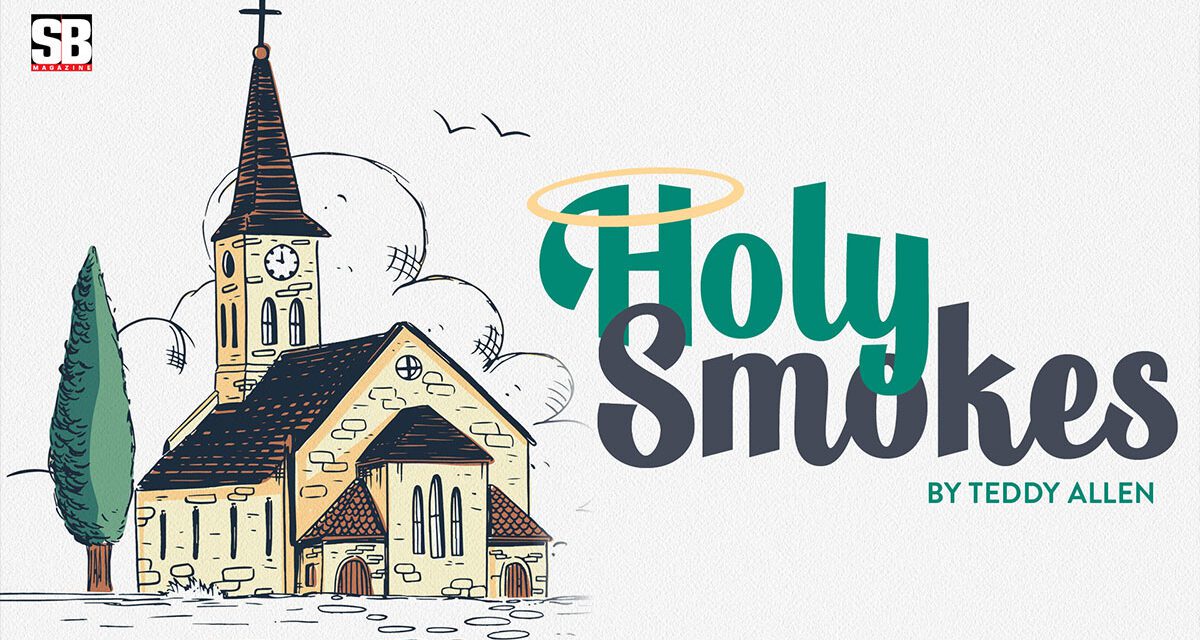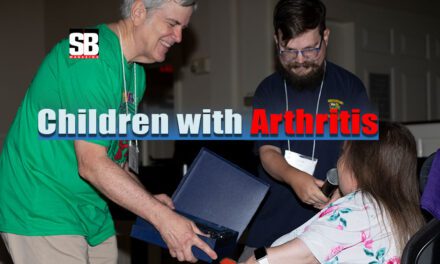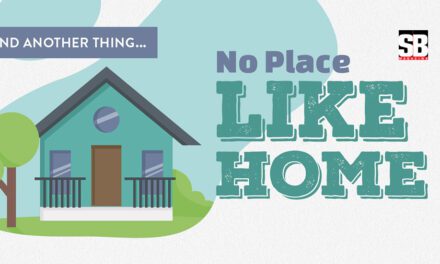The bloodline of Third Baptist Church back home in
Carolina had a long history of periods of Protestant progress halted by catastrophic calamity, woes much worse than a deacon running off with the offering plate money or a cat fight over who got to sing lead alto in the Christmas cantata.
Child’s play. Before Third Baptist hit the scene, a couple of congregations had suffered through a fate that somersaulted misfortune and instead headed straight for disaster, blight, and apocalyptic tribulation.
Most of you know churches. There are more than 300 church buildings in Shreveport-Bossier, so most of us have stumbled into one or two or six, by accident if nothing else.
Maybe you’re still at the church you grew up in. For those of us miles and even time zones removed from the church we first toddled into, do you remember? Do you remember the church you grew up in? If it’s still standing, does it pretty much look the same, smell the same, “feel” the same?
Probably so.
And good for you. There is something about your childhood church that rings eternal, even though we all know that every church building we’ve ever been in will one day, just like us, no longer be here.
An example: Third Baptist Church had strong ancestors built from Table Mountain pine that nonetheless checked out quicker than most, God bless them.
It had begun as First Baptist Church but had burned down April 22, 1942, long before my time. The story lived on.
There wasn’t so much left as a hymnbook. The only things found of note were the corpses of the pastor and his sometimes secretary, who would come in from the farm once a week to type sermons. When she started going to the church more and more, her husband figured more than typing was going on. A fiery death this side of eternity would be poetic justice, he figured, though no charges were ever filed. Legend has it the angry but satisfied husband left the state while the ashes were still hot, moved to the beach in Virginia, and became a Presbyterian.
Church members built back on the same spot but with one small concession to change. They re-named the church Second Baptist. It semi-thrived, though it took folks a while, either to get back in the spirit or to get the spirit back. In the early 1950s, attendance was back up to 250 or so. The congregation bought choir robes from a church supply in Columbia. There was talk of building a small new “educational” building and kitchen.
Then tragedy struck again in the form of the familiar: fire. Charred offering plates, charred choir robes and, sadly, another preacher’s corpse was all that remained identifiable.
This time, though, there was no afterglow of scandal. The elderly pastor spent a couple of nights a week at the church, on a cot in a small room with a gas heater. Either the heater had exploded or malfunctioned or the preacher had just fallen asleep while smoking a Lucky Strike non-filtered: they never found out for sure.
He was given a nice going-away funeral in the sanctuary of the borrowed Bear Swamp Baptist, five miles outside the city limits. But people didn’t seem as sad as you’d think they should have been. This is because the preacher’s sermons were dry as a peanut shell and he owed money to just about every business in town, from the IGA to Cooke’s Dry Cleaners and Funeral Home.
A lawyer even came to town, the story goes. Not that we didn’t have plenty of lawyers; every house in the county had a back porch lawyer, just none with a real degree. Or even a college credit. No matter: the educated man must have helped get things straightened out because another church got built, and it was mine.
After a month of Sunday afternoon services and prayers and business meetings at the borrowed Bear Swamp, the optimistic and tried-by-fire congregation of Second Baptist decided to try one more time, knowing full well that three strikes and you’re out.
It was decided the church would buy an old property about two miles outside of downtown, a building that had once housed the town’s sixth-graders until that class was folded into the main school on the hill behind the Dairy Maid. For years the building had been used only as a School Board storehouse. With some remodeling by the men in the church, it would serve as a fine sanctuary.
Mainly, everybody hoped the change in location would mean a change in luck. I felt lucky already; that old building was right across the unmarked two-lane from the house I grew up in.
It was named Third Baptist, it was made of brick, and it was heavily insured.
Teddy Allen is an award-winning columnist and graduate of Louisiana Tech, where he works as a writer and broadcaster.






